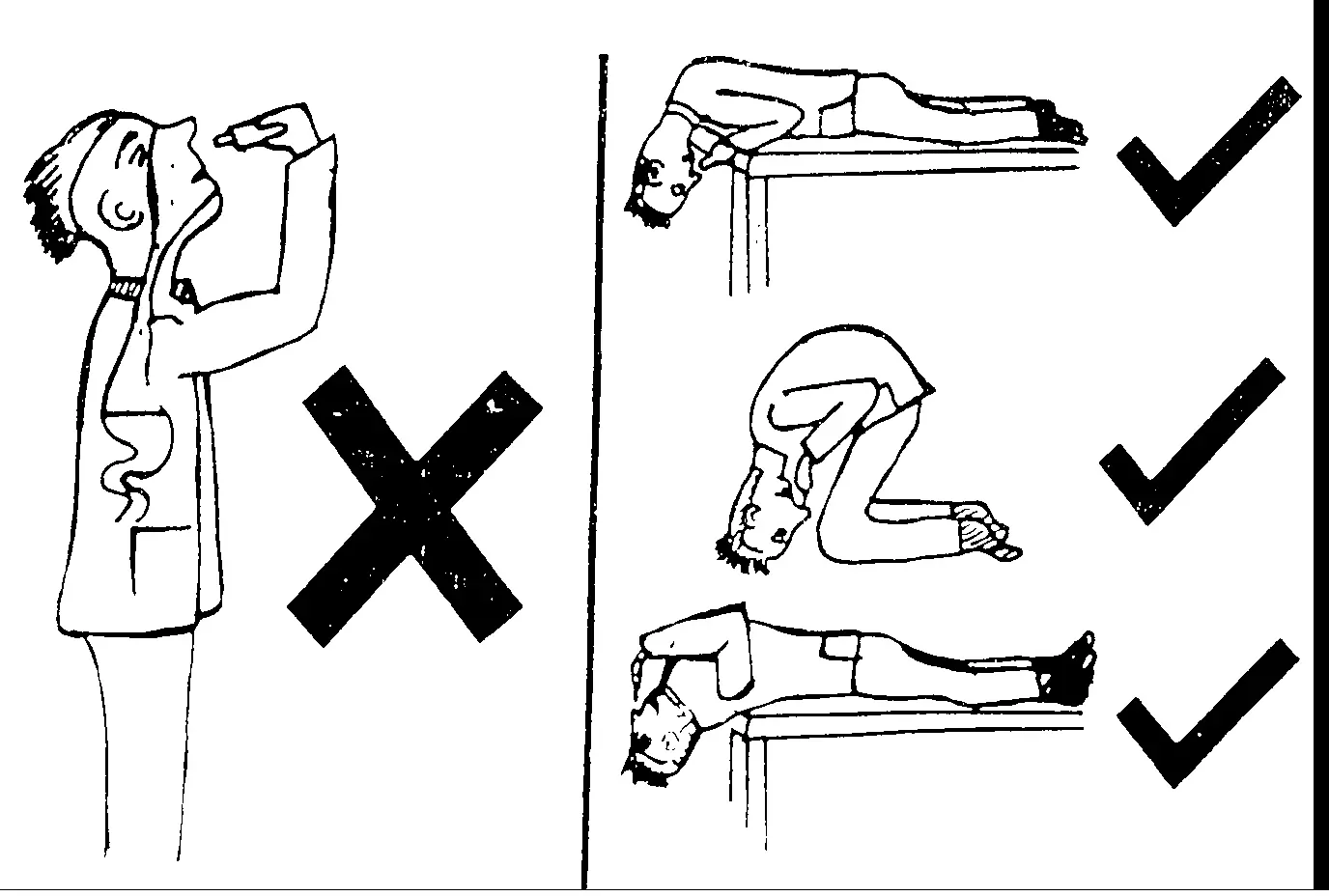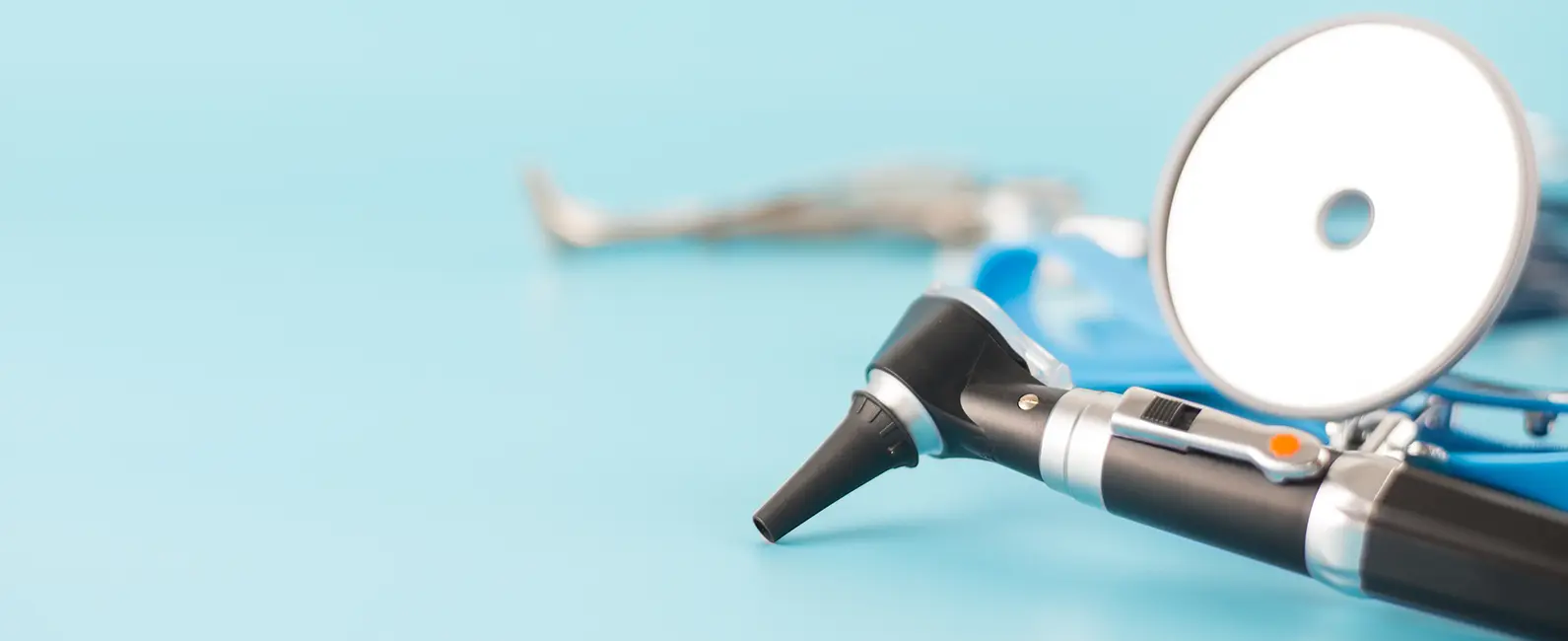Postoperative advice following nasal / sinus surgery
The following information is compiled to aid you in making a complete recovery.
For the next 2-3 weeks you may experience nasal discharge and nasal congestion. This is to be expected and will gradually subside. Depending on the type of nasal surgery you have undergone, you will need to remain off work for 1-2 weeks. Please contact to ask for advice. If there is increasing pain, tenderness, redness or heat over the nose contact Mr Martinez-Devesa, the hospital or your G.P.
You will have received painkillers to take home; please do not exceed the maximum dose of Paracetamol and/or Codeine. Do not take more than 8 tablets of 500mg of Paracetamol or 4 tablets of 60mg of Codeine in any 24hr period. If these tablets do not control your pain, check with your G.P. before trying any other medication.
In order to reduce the risk of having a nosebleed (epistaxis), you may like to take note of the following advice:
- Drink cool or warm drinks instead of hot.
- Avoid alcohol and spicy foods for a period of 48 hours. (These will open up the blood vessels in the nose and increase the risk of bleeding.)
- For the first week following surgery, we recommend that you avoid blowing your nose as you normally would. Instead, wipe your nose with a paper tissue NOT A COTTON HANDKERCHIEF as these will collect bacteria and increase the risk of you contracting infection.
- If you need to sneeze, please keep your mouth open to reduce nasal pressure.
- We advise you to rest and avoid undertaking strenuous activities for the first 1-2 weeks such as: heavy lifting and playing sports. These activities will increase your blood pressure, thus applying more force on the wound in your nose. This in turn may dislodge the protective seal over the wound and start your nose bleeding. A knock to the nose may harm the cosmetic effect achieved following surgery.
- We suggest that you do not take Aspirin to relieve the pain. This is because Aspirin can affect the clotting agents in the blood and increase the risk of bleeding.
- Where possible try to avoid smoky or dusty atmospheres for a period of 1-2 weeks. The inside of the nose can become irritated which increases the risk of infection.
- Try not to come into contact with people who have colds or chest infections. These infections are spread by airborne particles; you are at a higher risk of contracting infection due to the inside of your nose not yet being healed.
- If you are a smoker you must avoid smoking after the surgery. Smoking will increase the risk of nosebleed. Nicotine affects the blood supply to the nose and this may dislodge any healing tissue in your nose or prevent healing from taking place. Many nose and sinus problems are caused by smoking, therefore the effect of surgery will be limited if you continue harming your nose afterwards.
- For the next 1-2 weeks, try to sleep with your head resting on 2-3 pillows when you return home. This will help prevent your nose from swelling and improve drainage from the nose.
Sit up and forwards, squeeze the soft part of the nose and suck an ice cube. If the bleeding does not stop after 15 minutes, contact the Hospital, your G.P. or go to the emergency department and they will get in contact with Mr Martinez-Devesa.
You may be advised to use nose drops following surgery, Drop the required number of drops into each nostril. The aim is to get the liquid to spread over all the inside surface of the nose - including the upper surface.
A good position is to lie on a bed with your head hanging back over the edge. Stay like this for two minutes after putting in the drops before getting up. This is so that the liquid does not immediately run out of your nose or down the back of your throat but stays for a while in the nasal cavity. Kneeling or bending forwards is an alternative, but it is harder to stay like this for two minutes after putting in the drops. Replace the top on the bottle after using. Wash your hands after using the drops.

You will be prescribed a Nasal Saline Spray (Sterimar, Neilmed or similar), but nasal washes can be made by putting a teaspoon of salt and bicarbonate of soda in a pint of tepid water. Pour a little into the palm of your hand and sniff into the nose this will help clear the nose of excessive mucus and aid healing. Do this in each nostril 2-3 times a day, starting 24 hours after surgery for 10 days.

